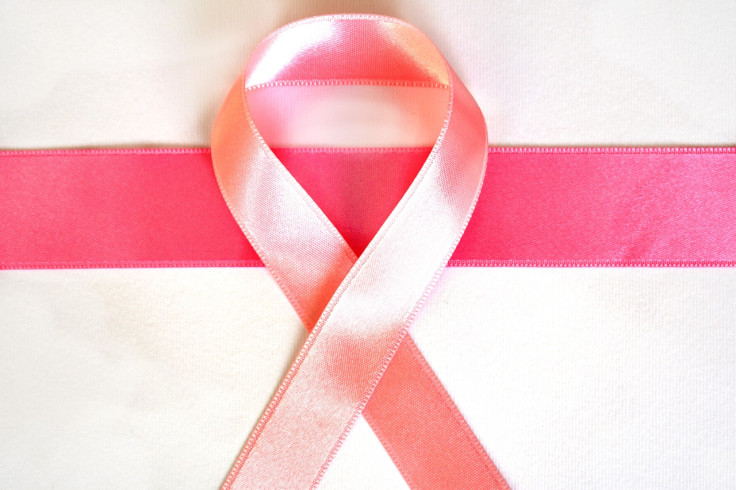Breast Cancer Awareness Month: Lifestyle-related risk factors everyone must take note of
Understanding lifestyle-related risk factors could lead to positive lifestyle changes that may just help lessen or reduce the risk of developing breast cancer.
The increasing number of breast cancer cases across the globe has prompted a global campaign to bring more awareness to people to help combat the debilitating disease. With the celebration of the Breast Cancer Awareness Month, looking at the different lifestyle factors that could increase one's risk of developing breast cancer may help usher in positive changes that could help minimising one's risk.
Breast Cancer Awareness Month is marked every October in many countries in the world. The World Health Organization (WHO) mentioned that the aim is to help increase attention to this deadly disease, promote early detection, as well as better treatment and palliative care for patients. At the present time, it is the most common form of cancer among women in developed and in developing countries. In the middle and low-income countries, cases have also risen primarily due to increased urbanisation and more people adopting to the "western lifestyle."
The American Cancer Society (ACS) listed several lifestyle-related breast cancer risk factors that everyone must be aware of. While these risk factors do not necessarily denote that the person will suffer from breast cancer, knowing what they are and adopting positive lifestyle changes may just help lessen or reduce the risk.
Alcohol intake
Drinking alcohol has been linked to increasing the risk among women of developing breast cancer. The risk is directly proportional to the amount of alcohol consumed. Those who enjoy one alcoholic drink a day have a seven to 10 percent increase in risk. Those who have two to three drinks, also have a higher risk at 20 percent.
Inactivity
There is mounting evidence that regularly engaging in physical activity reduces the risk of breast cancer. This is more prevalent in women who are already in post-menopause. The ACS recommends that adult women should get between 150 to 300 minutes of moderate exercises per week. If they would be doing vigorous exercises, they need 75 to 150 minutes per week.
Obesity and/or being overweight
Women post-menopause who are overweight are at a higher risk of developing breast cancer. Prior to menopause, the ovaries make most of the estrogen, and fat tissue only produce a little. However, after menopause, the ovaries stop making estrogen and it is now the fat tissue that produces the hormone. With more fat tissue, more estrogen is produced. High estrogen levels in women have been linked to an increased risk in breast cancer.
Not having a child and not breastfeeding
Women who do not have any children or they had their first baby after the age of 30 showed a higher risk of developing breast cancer. The ACS also noted that those who get pregnant at an early age, and those who have many pregnancies, have a reduced risk of developing breast cancer. It was also noted that those who breastfeed their babies, especially up to more than a year, have a lower risk for the disease.
© Copyright IBTimes 2024. All rights reserved.






